The NRF-SAEON Grassland Node held its first official science camp for grade 9 learners that took place from Tuesday, 18th June to Friday, 21st of June 2024 at Mkuze Game Reserve. This engaging event hosted 19 learners and 4 teachers from Langelihle, Inkosi Moses Zikhali, Justice Nxumalo Technical and Inkosi Mpiyake High Schools situated at MCP (Maputaland Coastal Plan).
The camp aimed to introduce, provide opportunity and expose learners to the important steps in scientific inquiry, scientific methods, tools and equipment scientists used to collect data and to interact with practicing scientists. Learners explored different ecosystems and compared their biodiversity at Mkhuze Game Reserve.
In hands-on group activities, learners engaged in field experiments to assess four different ecosystem types, namely grassland, fig forest, wetland and sand forest and each group was tasked to sample and compare only two ecosystems. The indicators of biodiversity that were recorded included the number of animals spotted/identified in different classes and different species in different classes of vegetation. Learners were guided in capturing, processing, and visualizing their collected data and on the last day of the camp learners presented their group findings to their peers.
Many of the participating learners had limited prior experience with computers and a computer workshop was conducted with them. The aim was to teach learners the basic skills and functionalities of Microsoft Word, PowerPoint and Excel. Learners were introduced to graphs and data presentation, entering data on laptops and making sense of the data collected. They were also introduced to creating tables/graphs with relevant headings, ensuring that the data was represented appropriately and they compared the data collected from the different sites.
The camp also introduced the learners to iNaturalist and encouraged learners to download the app and participate in the SAEON national competition where learners capture and upload pictures on the app. The impact of the camp was that the learners were exposed to fieldwork and computer workshops which promote critical thinking, problem-solving skills and decision-making. Learners were able to observe various species, explore, collect data and analyze the data using research equipment that they may not be able to access in a school setting. Learners gained computer skills which enhances learners’ ability to complete assignments, conduct research, and engage in online learning platforms.
Overall, the NRF-SAEON Grasslands Node Science Camp was a vital experience, equipping grade 9 learners with important scientific skills and promoting a deep appreciation for science and the natural world around them.

